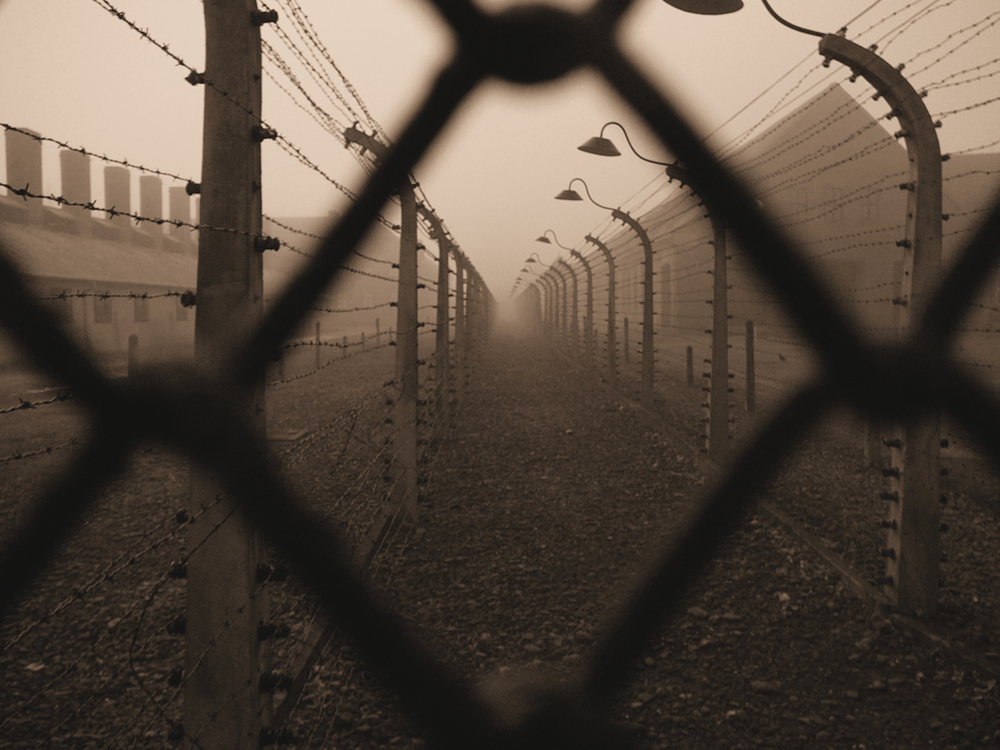
-
HOME
-
WHAT IS STANDOur Mission Our Values Our Help Contact
-
WHAT WE FIGHT FORReligious Freedom Religious Literacy Equality & Human Rights Inclusion & Respect Free Speech Responsible Journalism Corporate Accountability
-
RESOURCESExpert Studies Landmark Decisions White Papers FAQs David Miscavige Religious Freedom Resource Center Freedom of Religion & Human Rights Topic Index Priest-Penitent Privilege Islamophobia
-
HATE MONITORBiased Media Propagandists Hatemongers False Experts Hate Monitor Blog
-
NEWSROOMNews Media Watch Videos Blog
-
TAKE ACTIONCombat Hate & Discrimination Champion Freedom of Religion Demand Accountability
Toronto’s First Holocaust Museum Now “A Place to Hear from Survivors Long After They’re Gone”
Toronto, home to just under half of Canada’s 335,000 Jews, now has its own Holocaust museum. The museum concentrates on the individual stories of the Holocaust by centering its exhibition around 11 kiosks of interactive videos, permitting the viewer to experience the ordeals of survivors as told by the survivors themselves.

Of the museum’s four galleries chronicling the European and Canadian persecution of Jews and other minorities—and tracing the lives of thousands of refugees who fled to Canada—one gallery is devoted solely to the atrocities perpetrated during World War II. Some particularly explicit content, such as the depiction of corpses and mass executions, remains in drawers, allowing the visitor to decide for himself whether to open them and venture into the graphic elements of the Holocaust.
The 9,500-square-foot museum, created by the United Jewish Appeal Federation of Greater Toronto, hosted a ribbon-cutting ceremony on June 19, attended by Holocaust survivors and dignitaries.
“A lot of families have been holding onto [these artifacts]—just waiting for this museum to be built.”
“What we set out to do from the very beginning was to ensure that this was a place to hear from survivors long after they’re gone,” the museum’s Executive Director, Dara Solomon, said. “Bringing the Holocaust survivors in to see how we’ve done that and having them really happy and fulfilled has been one of the most meaningful experiences of my personal and professional life.”
Among the never-before-viewed artifacts on display are a striped prisoner uniform, heart-shaped charms—a gift from a mother to her children—fashioned from a bread ration painted with toothpaste, and a Torah scroll rescued from the 1938 Kristallnacht rampage, where Jewish homes, businesses and synagogues were destroyed in Germany and Austria.
“We haven’t really had a museum in the city to collect these artifacts, so a lot of families have been holding onto them—just waiting for this museum to be built,” said Solomon.
Writer, Nobel laureate and Holocaust survivor Elie Wiesel once said: “Those who hear us, those who read us must continue to bear witness for us.”
STAND salutes the United Jewish Appeal Federation of Greater Toronto for its work to make witnesses of us all and ensure the lessons of the Holocaust can now be properly told for generations to come.






